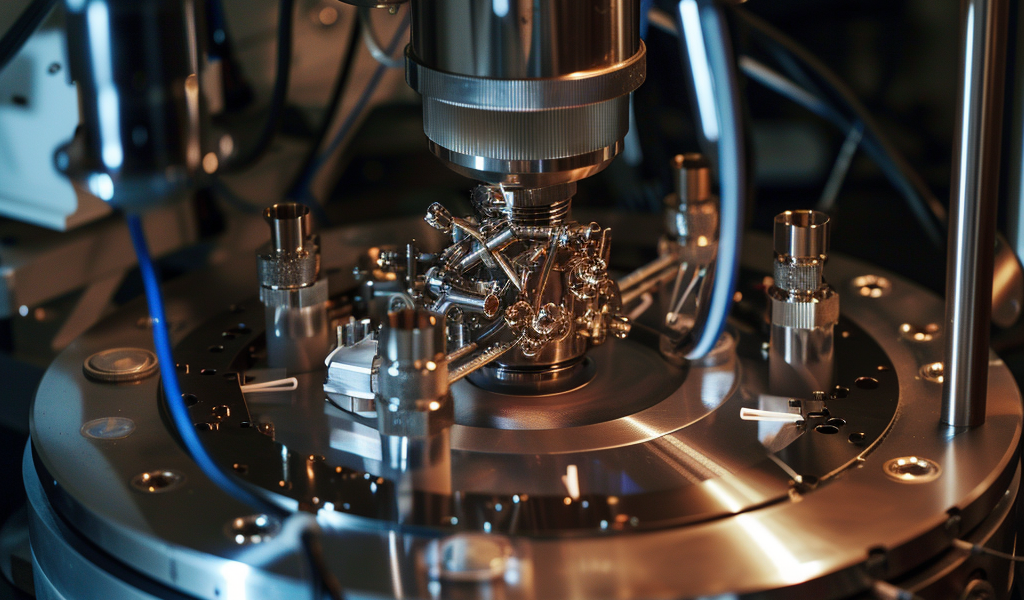Researchers at McMaster University, in collaboration with computational chemistry experts at Copenhagen’s Danish Technical University, have made a significant breakthrough in the field of carbon dioxide waste conversion. Their findings, published in the journal Nature Communications, shed light on a critical bottleneck hindering the global effort to convert carbon dioxide into usable products.
The team’s research focuses on an electrochemical process that can capture airborne carbon dioxide from industrial waste and restructure it into fuel and plastics. This process, akin to recycling on the nanoscale, holds great promise for mitigating air pollution and creating valuable everyday products.
One of the primary challenges in this area has been the rapid breakdown of synthetic materials used to catalyze and convert carbon dioxide. This limitation has hampered the practicality of the process at an industrial scale. To address this issue, the researchers utilized advanced magnification equipment at the Canadian Centre for Electron Microscopy (CCEM) to observe the chemical reaction at the nanoscale, enabling them to study the conversion process and understand the catalyst’s degradation under operating conditions.
Ahmed Abdellah, the lead author of the study, dedicated years to developing techniques that facilitated the observation of the electrochemical process. By employing an electrochemical reactor small enough to function under electron microscopes at McMaster’s campus, the researchers were able to capture the intricate details of the process.
The team’s findings have significant implications for the advancement of carbon dioxide conversion technologies. By identifying the factors contributing to catalyst breakdown, the research paves the way for the development of more robust and efficient materials for carbon dioxide conversion. This breakthrough has the potential to propel the global effort towards sustainable waste management and the creation of valuable products from carbon dioxide.
The study’s insights not only contribute to the field of nanotechnology and materials science but also hold promise for addressing environmental and industrial challenges associated with carbon dioxide emissions. As the world seeks innovative solutions to combat climate change and reduce carbon footprints, the research from McMaster University and its collaborators offers a compelling step forward in the quest for sustainable and eco-friendly technologies.





